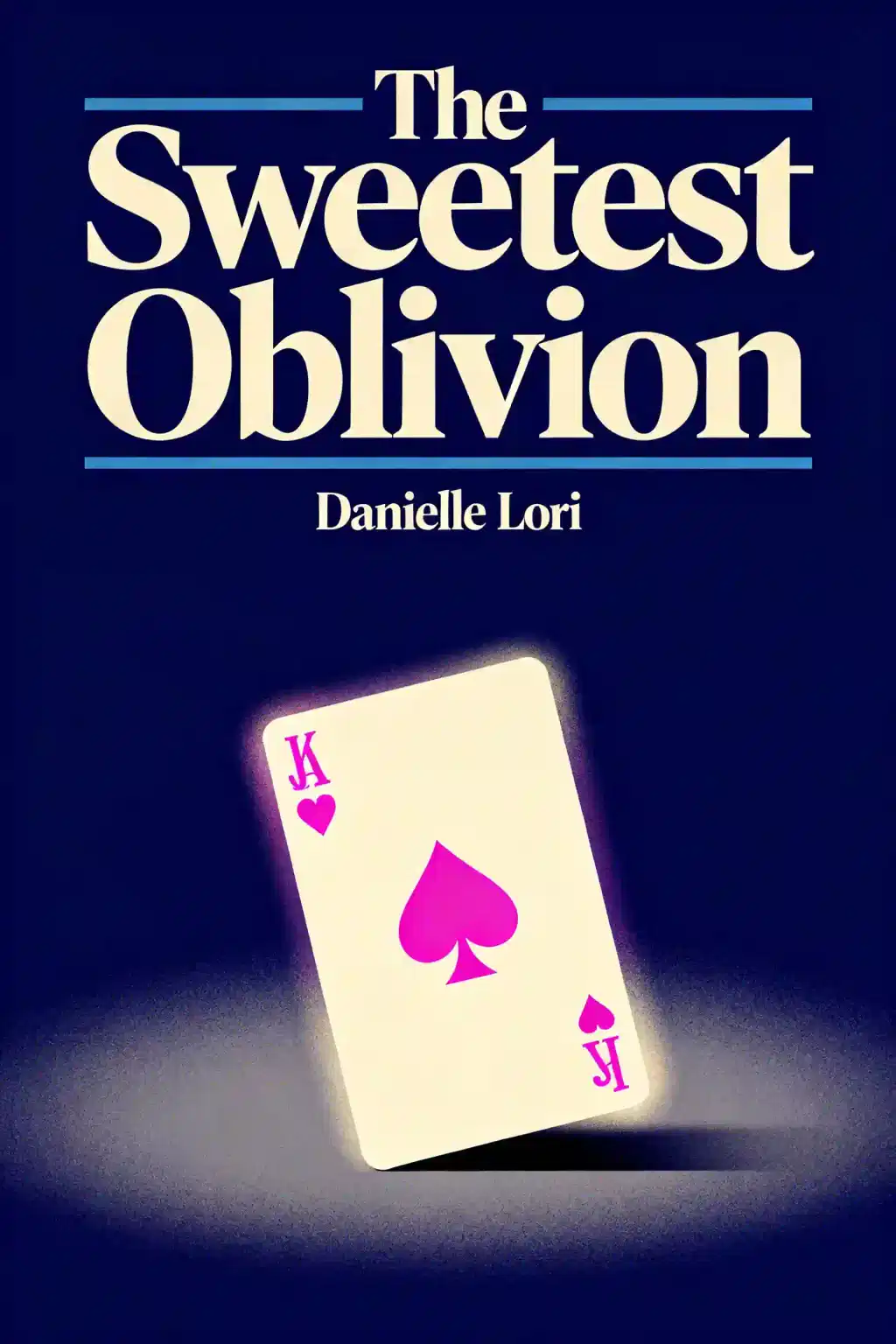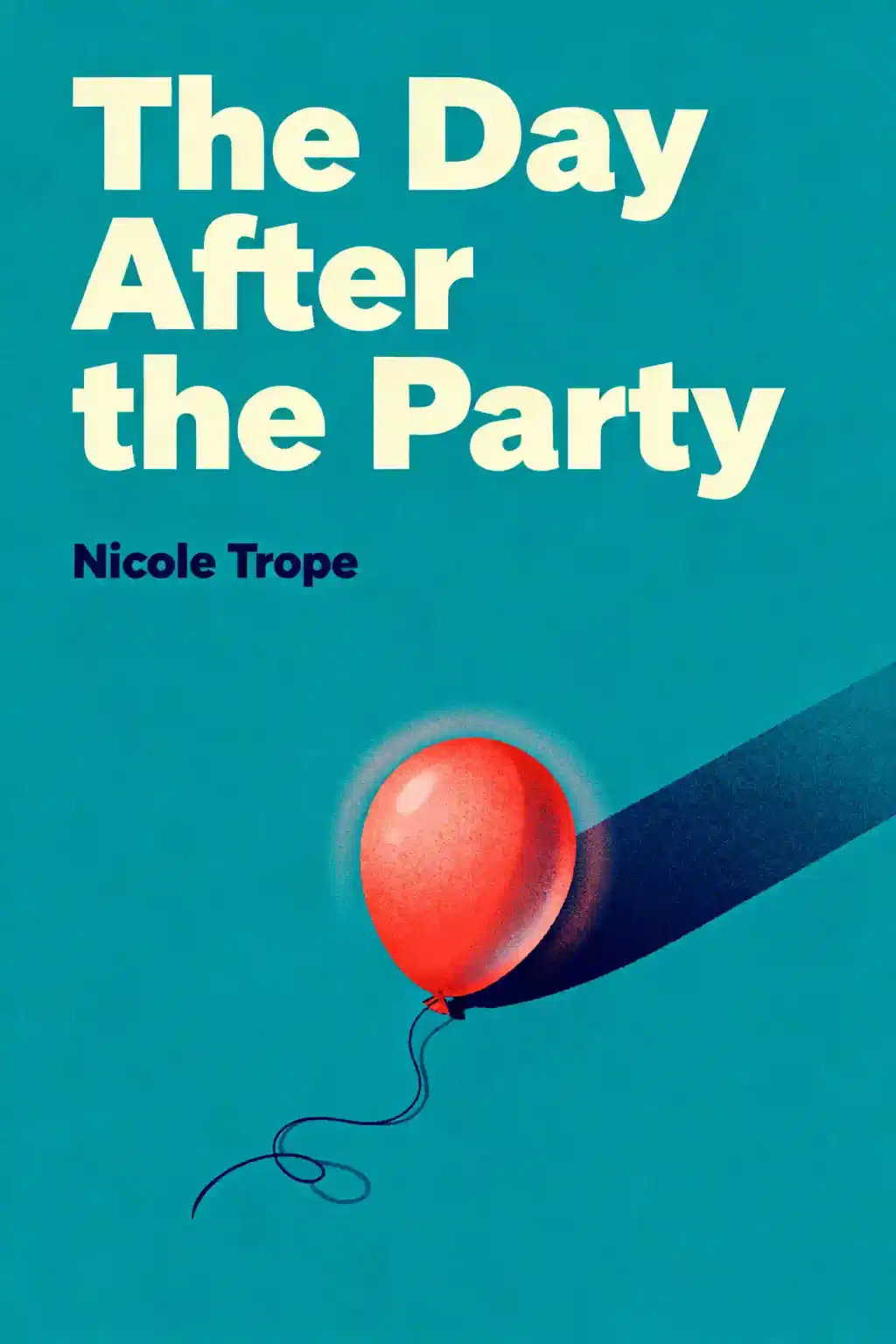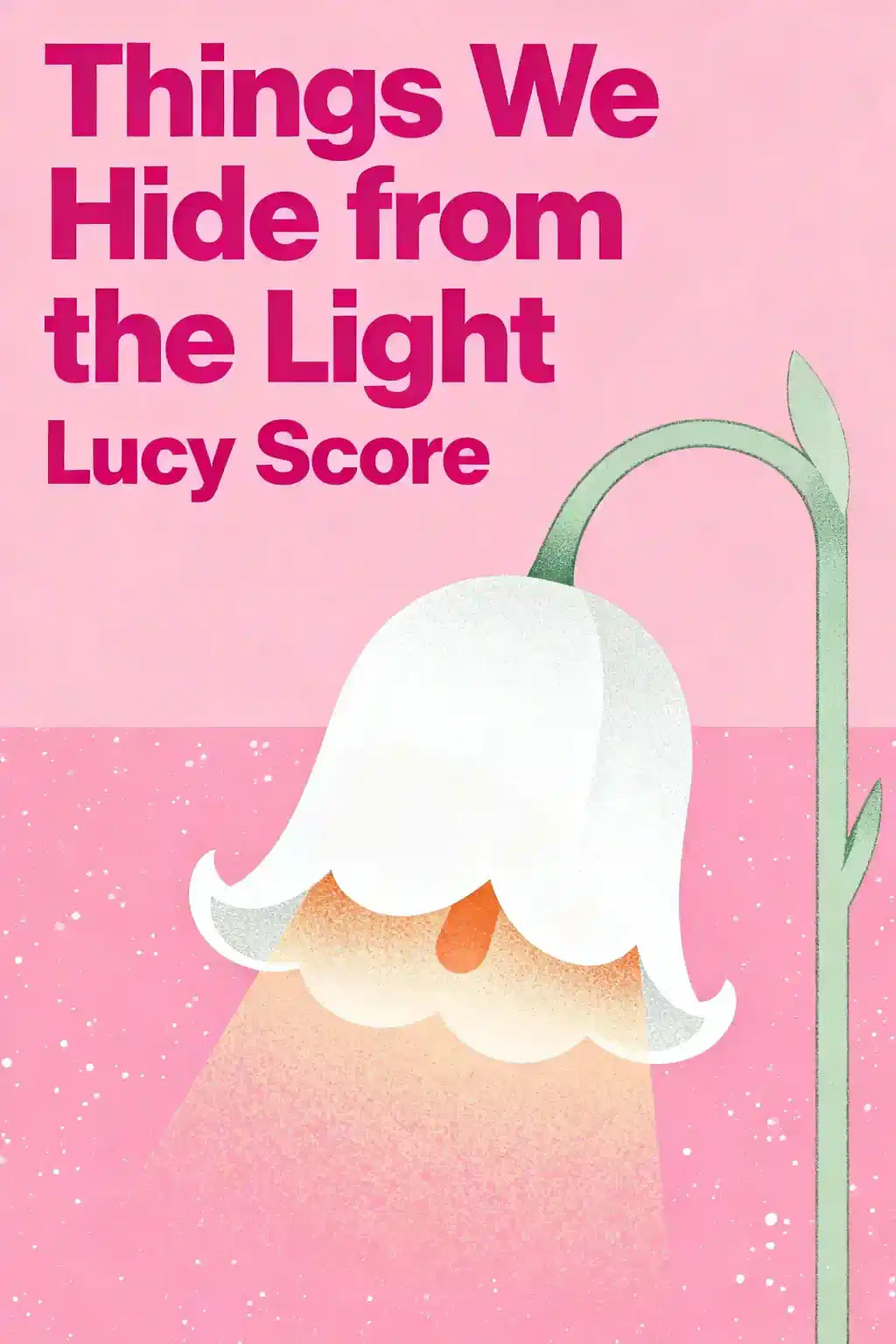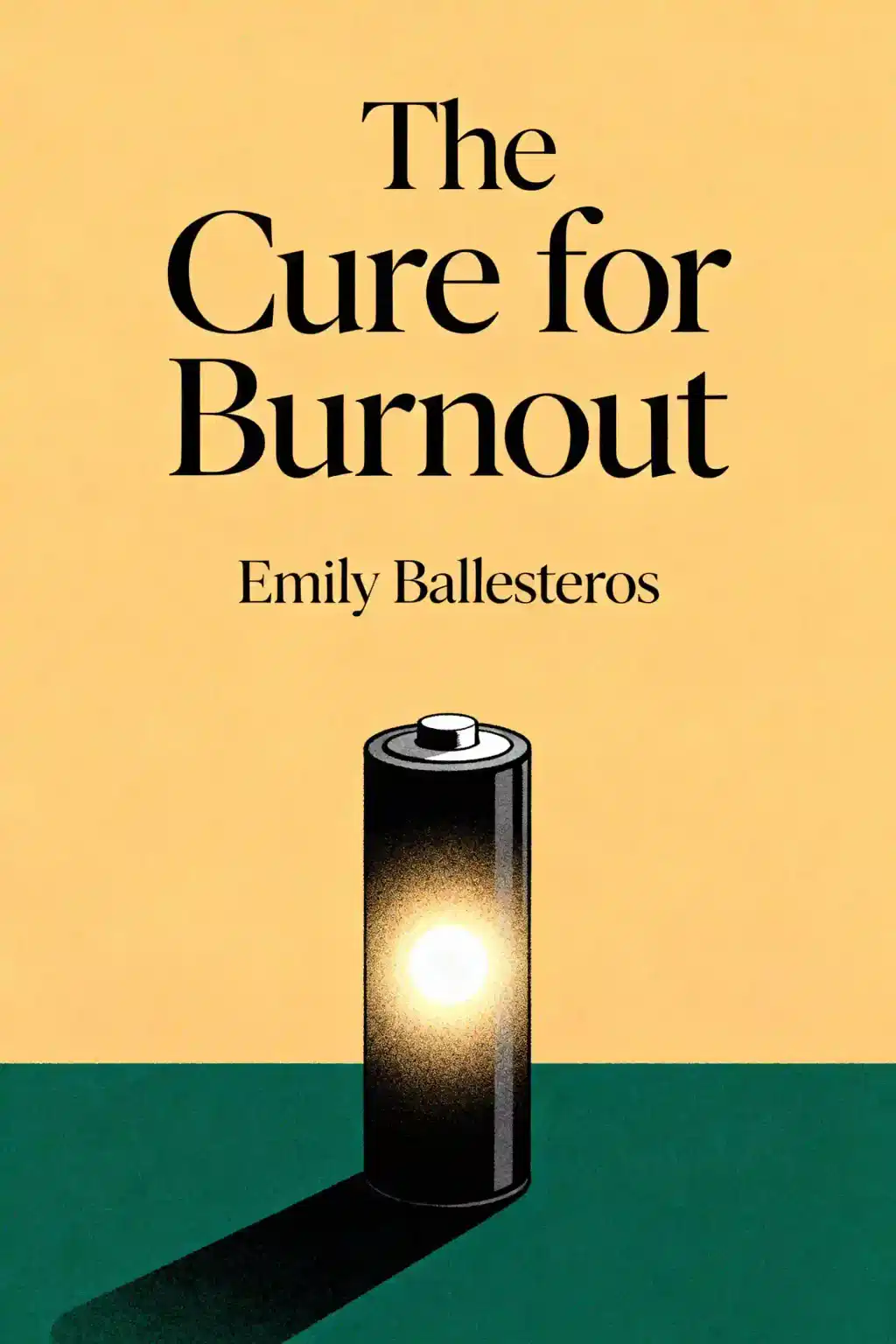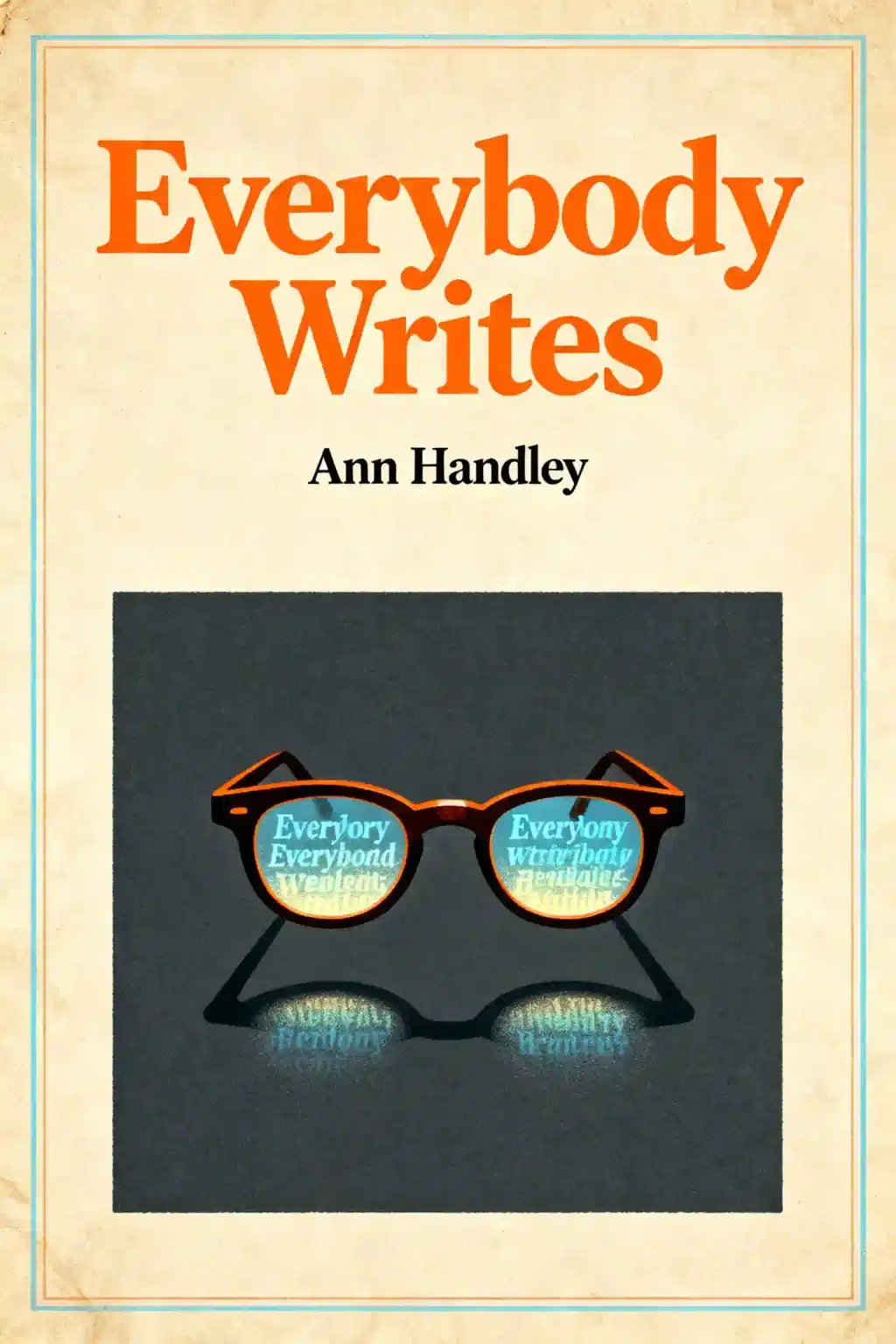What is Toxic by Nicole Blanchard about?
Toxic by Nicole Blanchard is a dark romance novel about Tessa, a prison nurse trapped in an abusive marriage to Vic, the prison warden. Her life changes when she meets Gracin (King), a dangerous new inmate who sees past her facade and notices her hidden bruises. The story explores their forbidden, obsessive relationship as Tessa navigates the line between escaping one monster and potentially falling for another.
Nicole Blanchard is a New York Times and USA Today bestselling author known for writing dangerous romance featuring morally gray antiheroes. Her TikTok-viral novel Toxic has sold over 90,000 copies worldwide and made her a viral force on BookTok with over 10 million views. She's been named a Best of BookTok author and consistently ranks in Amazon's Top 60, with her Instagram reaching 1.5 million readers monthly.
Who should read Toxic by Nicole Blanchard?
Toxic is best suited for readers who enjoy dark romance with morally ambiguous characters, intense psychological themes, and graphic content. This book appeals to fans of antiheroes, forbidden relationships, and stories exploring trauma and abuse with unflinching honesty. Readers should be comfortable with explicit scenes, violence, and complex power dynamics between characters who exist in morally gray territory rather than traditional hero-villain archetypes.
Is Toxic by Nicole Blanchard worth reading?
Toxic is worth reading if you appreciate dark romance that challenges conventional morality and explores complex trauma responses. The novel offers intense psychological depth, showing Tessa's transformation from abuse victim to survivor with raw honesty. Beyond romance, it functions as a gripping thriller with high-stakes tension, unexpected twists, and visceral sensory language that immerses readers in Tessa's harrowing journey. However, sensitive readers should note its graphic depictions of abuse and violence.
What is the relationship between Tessa and Gracin in Toxic?
Tessa and Gracin's relationship is a forbidden, obsessive bond that develops in the prison infirmary where they're paired together. Gracin becomes the first person to truly see Tessa, noticing her hidden bruises and giving her courage to confront her situation. Their connection is intensely physical and psychological, blurring lines between protector and possessor as Gracin declares, "I want all of you, Tessa, and I mean to have you". Despite the toxicity and danger, their relationship becomes Tessa's pathway to reclaiming agency.
How does Toxic by Nicole Blanchard portray domestic abuse?
Toxic provides a visceral, unflinching portrayal of domestic violence through Tessa's marriage to Vic, exploring the psychological impact of living with a narcissistic abuser. The narrative shows how past trauma from Tessa's parents made her vulnerable to Vic's control and how abuse creates patterns of submission that require confronting to break free. Blanchard depicts the reality of walking on eggshells, losing oneself, and the isolation of having nowhere to hide when your abuser controls both home and workplace.
What are the most powerful quotes from Toxic by Nicole Blanchard?
Toxic features several memorable quotes that capture its dark themes. "How is it possible that one man, someone who is supposed to uphold the law, can tear me down, and another, who is supposed to be the scum of the earth, can build me up?" reflects the novel's central moral ambiguity. Another significant line questions: "What is broken inside me that I look for love in the worst places?", exploring Tessa's trauma responses and her search for affection from dangerous sources.
What writing style does Nicole Blanchard use in Toxic?
Blanchard employs first-person perspective exclusively from Tessa's viewpoint, providing intimate access to her psychological struggles and evolving emotions. The writing uses visceral, sensory language with stark details depicting violence and physical sensations, such as "fingers bruise the skin on my wrists as easily as they can crush the delicate flesh of a peach". Recurring symbols like bruises, confinement, and contrasts between cold Michigan and warm California mirror Tessa's internal state and journey toward freedom.
How does Toxic by Nicole Blanchard end?
Toxic concludes with Tessa securing her freedom from murder charges related to Vic's death, largely through Gracin's influence and manipulation of the legal system. She actively participates in eliminating remaining threats and chooses to stay with Gracin despite their violent, traumatic past. The final revelation shows Tessa pregnant with Gracin's child, symbolizing a new beginning shadowed by their dark history. Their ending embraces toxic interdependence, acknowledging the darkness in both characters as they commit to a future together.
What role does the prison setting play in Toxic?
The prison setting in Toxic serves as a powerful metaphor for Tessa's confinement within her abusive marriage. Working as a nurse while her husband Vic serves as warden means there's literally nowhere for Tessa to hide from her abuser. The prison's physical barriers and controlled environment mirror her emotional and psychological imprisonment. This claustrophobic backdrop intensifies the forbidden nature of her relationship with inmate Gracin, adding danger and moral complexity to their connection.
How does Toxic compare to other dark romance novels?
Toxic has been compared to "The Joker meets Haunting Adeline," positioning it among contemporary dark romance hits that feature morally gray antiheroes and forbidden relationships. Unlike conventional romance, Blanchard subverts genre expectations by presenting transformation fueled by a complex, morally ambiguous relationship rather than a heroic rescue. The novel's viral TikTok success and sales of over 90,000 copies worldwide place it among top-performing dark romance titles, particularly appealing to BookTok audiences seeking intense psychological depth and unconventional love stories.
What makes Gracin (King) a morally gray character in Toxic?
Gracin represents the ultimate morally gray antihero—a convicted criminal and dangerous inmate who paradoxically becomes Tessa's protector and source of strength. He explicitly tells Tessa, "I am not a nice man. I am not a good man. I do bad things for bad people," yet he's the only person who notices her suffering and treats her with genuine care. His possessiveness, violence, and criminal connections exist alongside his capacity to see, validate, and empower Tessa, forcing readers to question traditional definitions of good and bad.






